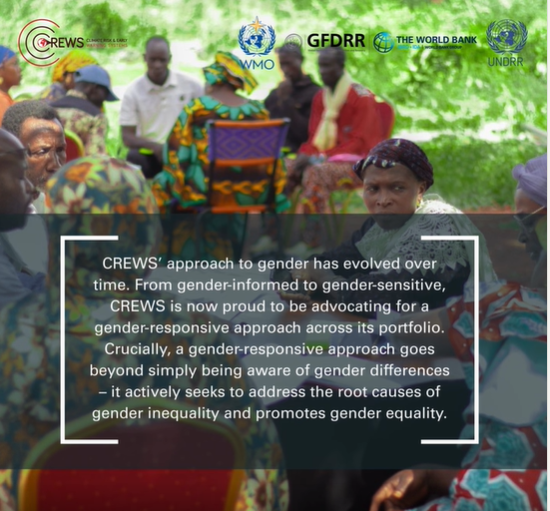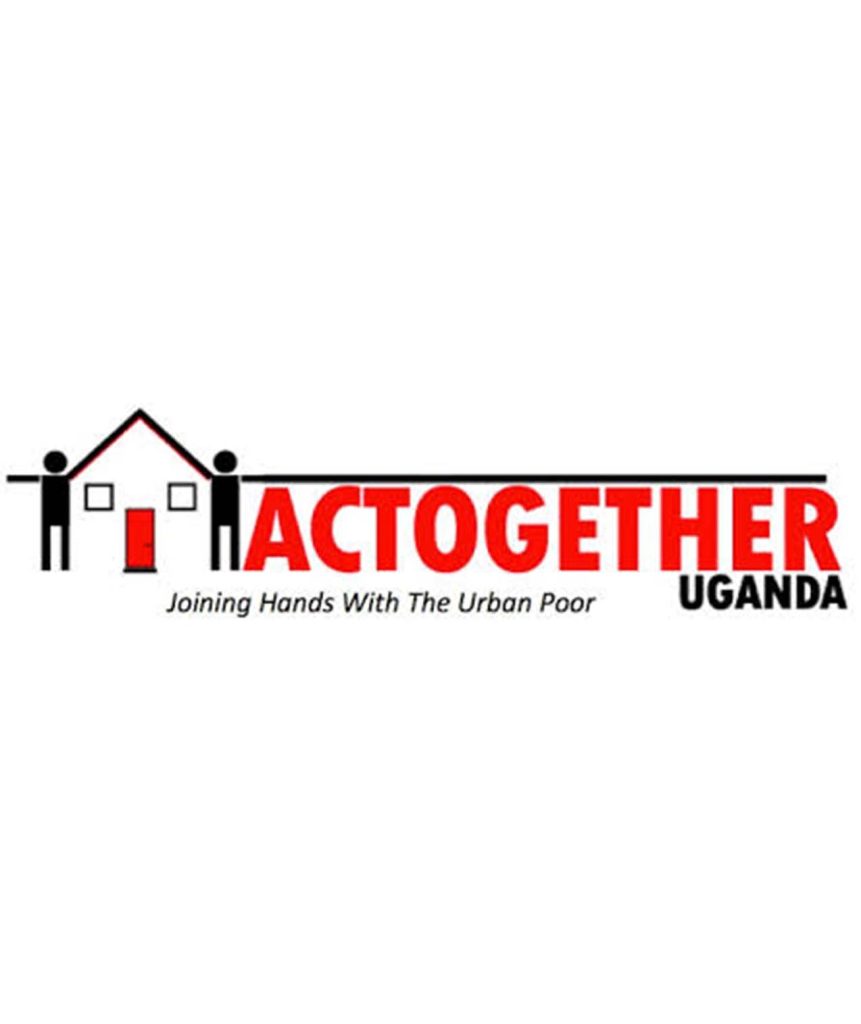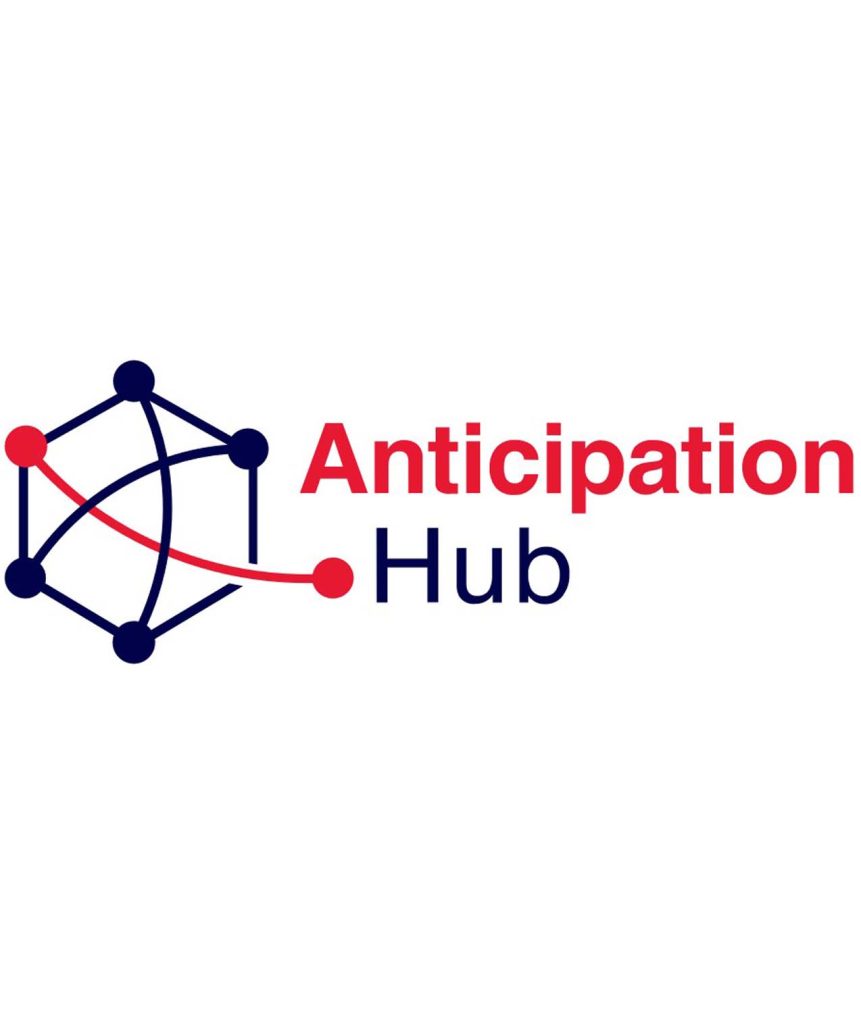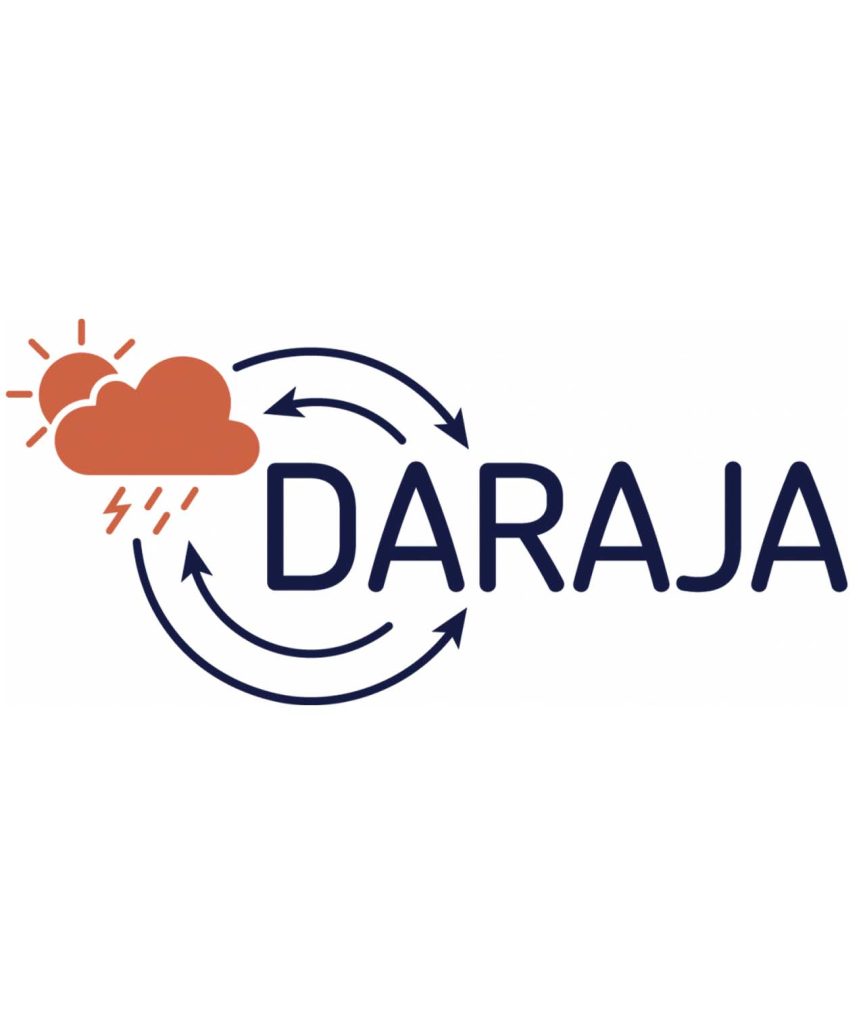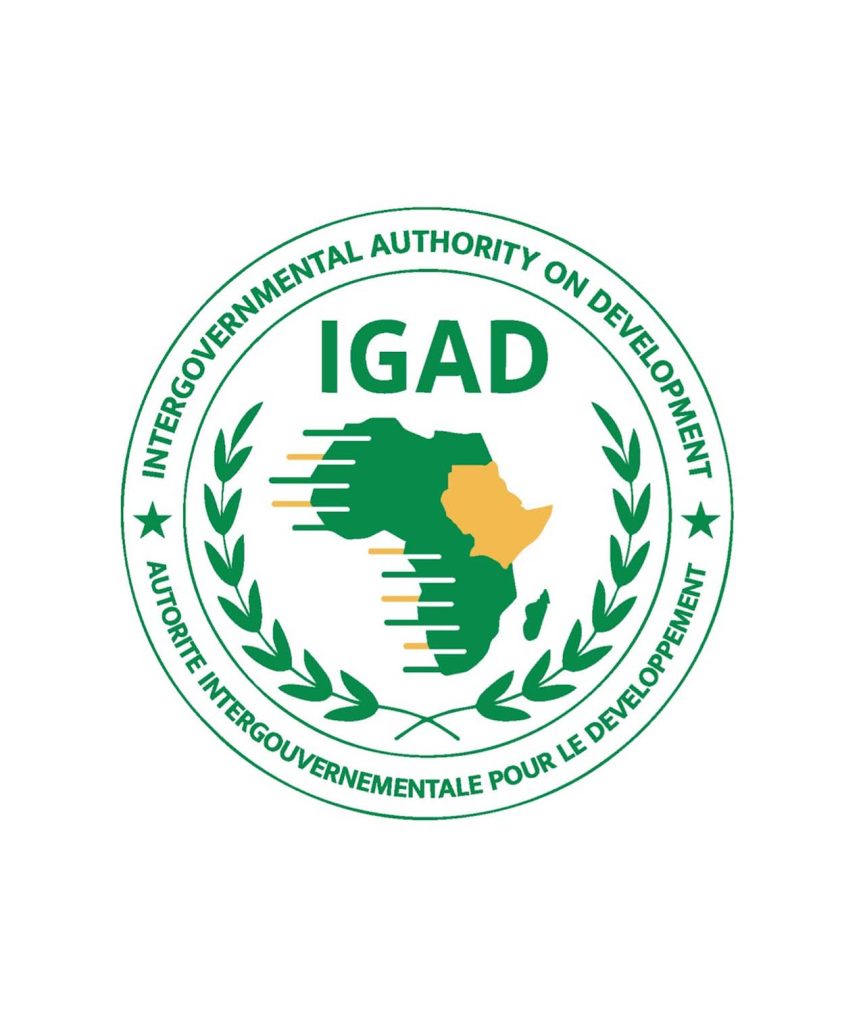GENEVA – The Climate Risk and Early Warning Systems (CREWS) initiative has announced a significant evolution in its approach to gender, moving towards a gender-responsive framework across its global portfolio. This new strategy builds on a progression from earlier gender-informed and gender-sensitive approaches, aiming to actively address the root causes of gender inequality and promote true gender equality in disaster risk reduction.
Initially, CREWS encouraged a ‘gender-informed’ approach, which recognized how gender affects people’s needs. This evolved into a ‘gender-sensitive’ approach, a core programming principle that acknowledges women’s empowerment as crucial for building resilience and that men and women access and respond to warnings differently.
Now, working with key partners like the World Meteorological Organization, the World Bank’s Global Facility for Disaster Reduction and Recovery (GFDRR), and the UN Office for Disaster Risk Reduction (UNDRR), CREWS is championing a gender-responsive approach. This strategy goes beyond mere awareness of differences. It actively seeks to ensure gender-equitable participation in decision-making and gender-equitable access to early warning services and resources needed for effective anticipatory action.
A prime example of this new approach is a project in Malawi. Following a gender risk assessment in the Mzuzu and Zomba districts, which identified barriers to women’s full engagement, the Village Civil Protection Committee teams were restructured. This revamp allowed for greater participation of women in leadership roles, empowering them to manage disaster risk and coordinate community-level activities. The initiative also ensured that representatives from youth and people with disabilities were given opportunities to engage, fostering a more inclusive and equitable system.
This strategic shift is a key component of the broader Early Warnings for All initiative, demonstrating CREWS’ commitment to ensuring that climate and disaster warnings serve everyone, regardless of gender or social status.
For more examples of CREWS’ work, visit: https://lnkd.in/edx7YcRr


